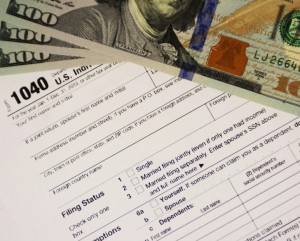Should first time home buyers borrow their down payment from their 401K? Many first time home buyers struggle to come up with a down payment to buy their first home. Others have the minimum down payment, but would prefer to have a LARGER down payment to avoid mortgage insurance. Borrowing against a 401K or other retirement plan may be a good option.
Doesn’t it make more sense to get down payment assistance? Most down payment assistance programs are determined by your annual income. Many of our first time home buyers find that they make too much money to be eligible to receive down payment assistance from the state.
But don’t you have to pay high fees for liquidating money from your retirement account? Generally speaking yes, so you want to BORROW AGAINST the account, not liquidate funds. This will help you avoid penalties from the IRS for early withdraw. Usually the money is paid back with interest, but the interest goes back into your account. So essentially you’re acting like your own bank in this instance.
Would it be better to just wait and save for a down payment? This depends on many different variables. Some things to consider are: Will housing values and interest rates rise in the near future? How long will it take me to save a down payment? If it won’t take you any time at all to save, then you  probably won’t be as concerned with rises in the market. But if it may take you a year OR MORE to save, then borrowing from your 401K may be a really good alternative.
probably won’t be as concerned with rises in the market. But if it may take you a year OR MORE to save, then borrowing from your 401K may be a really good alternative.
Are their any downsides to borrowing against my 401K? Not usually. The Federal Government has allowed this type of transaction for first time home buyers to support home ownership across the country. However, this doesn’t mean that your specific company doesn’t have other criteria you may need to meet to borrow against your retirement account. So it is important to get all the details from your Human Resources department before making a final decision.
Don’t make the biggest decision of your life without getting educated! If you would like to find out more about the home buying process in general, please go to our Calendar/Reservations page and sign up for one of our FREE First Time Home Buyer/Down Payment Assistance workshops.





